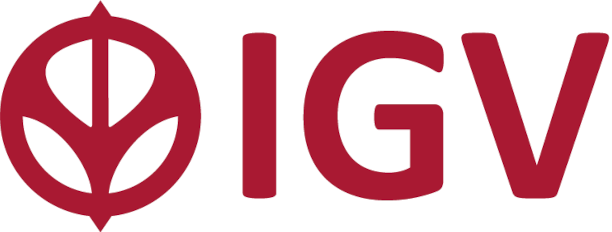Food waste for feed
The main focus of NOSHAN is to investigate the process and technologies needed to use food waste for feed production at low cost, low energy consumption and with maximal valorisation of starting wastes materials. Nutritional value and functionality according to animal needs as well as safety and quality issues will be investigated and addressed as main leading factors for the feed production using food derived (fruit/vegetable/plant and dairy).
Food wastes are characterized for their nutritional potential, but also suitable technologies to stabilize them and convert them into suitable raw materials for bulk feed will be investigated. Obtaining functional feed ingredients (additives) from these wastes will also be targeted as it is an important factor determining final feed cost and functionality in animals.
Two different groups of activities will be thus addressed:
- Replacement of bulk feed ingredients (constituting up to 90-95% of feed weight) with starting waste materials to cope with part of the huge amounts of food waste generated in Europe.
- Valorisation of active ingredients as well as the upgrade of waste into more valuable feed additives will be studied. The later constitute approximately the half of the feed cost.
NOSHAN started in August 2012 and it is financed under the Knowledge Based Bio-Economy (KBBE) theme, part of the EU Seventh-Framework Programme, in a total of about 3 million Euro.
NOSHAN unites 12 partners from different European countries (Belgium, France, Germany, Italy Netherlands, Spain and Turkey) representing different segments of the R&D environment (industry leaders, SMEs, technological research centres and universities).
NOSHAN’s 30 month meeting will be held on 6-8 July in Merebelke, Belgium
IGV will present results of WP6: The scale up of the most suitable technologies for waste stabilisation and conditioning, the bioactive production and feed production from the food wastes
This WP will cover the best identified technologies in the previous WPs with a clear objective of obtaining a convenience feed at the lowest cost with maximum possible wastes as co-streams and using the low energy for stabilization and production purposes. Final product will also be assessed in terms of quality and safety.
The research leading to these results has received funding from the European Union’s Seventh Framework Programme (FP7/2007-2013) under grant agreement nº 312140






